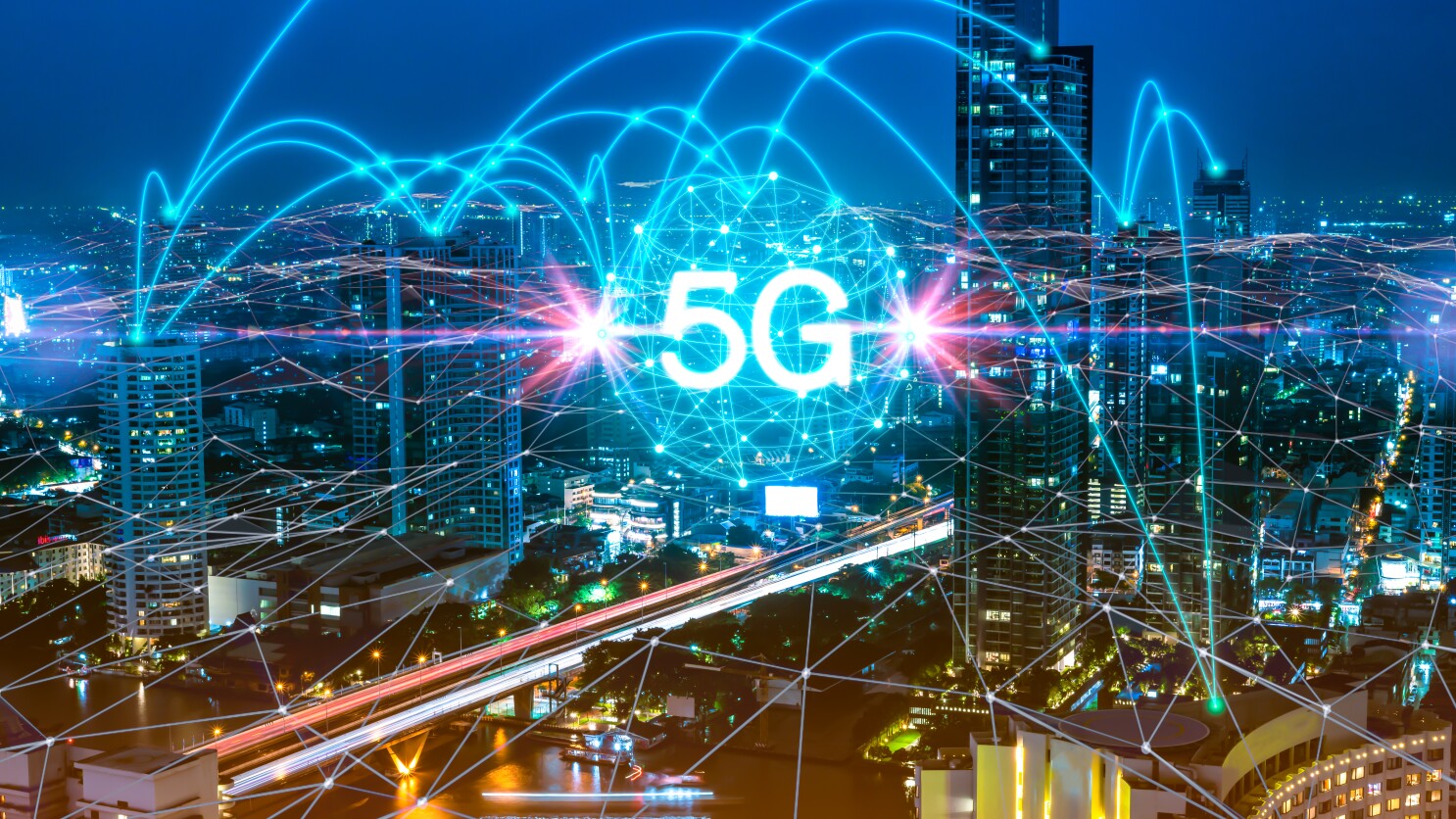5G is the fifth generation of mobile communications technology. It is expected to bring faster internet speeds, lower latency, and improved connectivity to more devices. One of the key benefits of 5G is its ability to handle a much greater amount of data traffic, which will enable new technologies and applications such as virtual reality, augmented reality, and the Internet of Things (IoT).
With 5G, it's expected to see faster download and upload speeds, meaning quicker access to large files and streaming high-definition video without buffering. Latency, or the delay in the time it takes for data to travel from one point to another, will also be reduced, which will be especially beneficial for real-time applications such as online gaming and autonomous vehicles.
In addition to faster speeds and lower latency, 5G networks will also be more reliable and secure. This will be particularly important as more devices connect to the internet and as more critical applications such as healthcare and transportation become connected.
5G technology will also change the way we use the internet, as it will enable new technologies and applications that are not currently possible with 4G networks. For example, 5G will enable large-scale IoT deployments, which will allow for the creation of smart cities, connected cars, and improved industrial automation.
In conclusion, 5G technology is expected to revolutionize the way we use the internet by providing faster speeds, lower latency, improved connectivity, and new possibilities for technologies and applications. It's expected to bring many benefits to individuals and businesses, and change the way we interact with the world around us.
